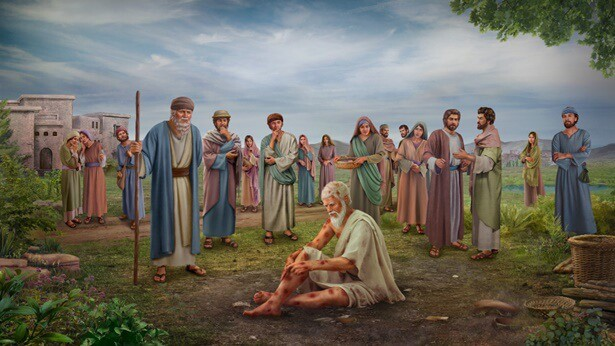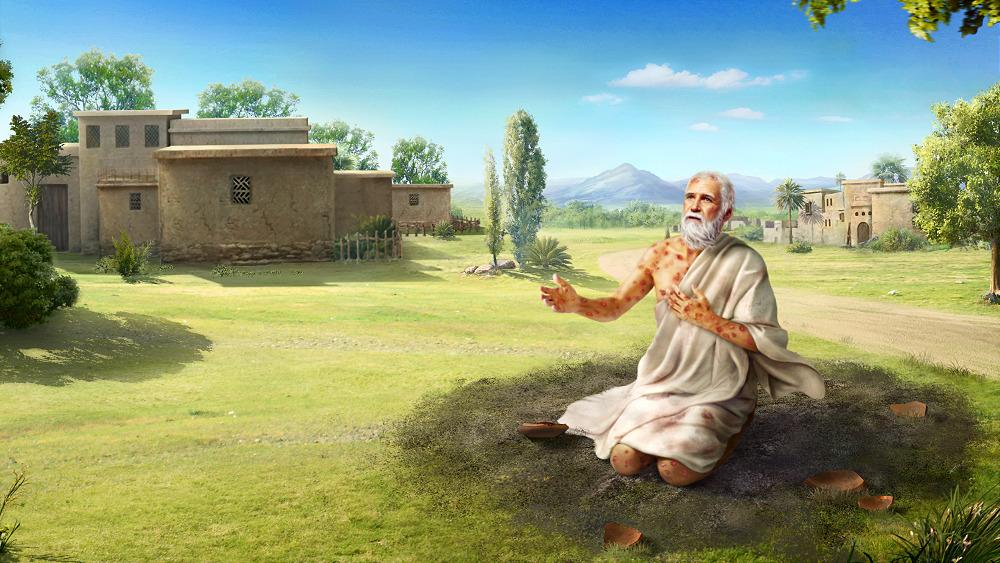THE FREE FLOW OF GRACE
Meditation
for Tuesday of the 26th Week in Ordinary Time
(Job 3:1-23;
Lk 9:51-56)
Job lost all he had; evil had befallen him. The design of Satan
was to get the man of faith to join him and rebel against God. If Job were
worshipping God because of the good things of life he enjoyed, taking those
things away would make him to withdraw his steadfastness in God. In the face of
suffering and pain, man turns to himself, which was the basic trick the serpent
used to get Adam and Eve to eat the forbidden fruit. When man no longer relies
on God but looks up to himself for answers, Satan will begin to proffer quick
and easy solutions, without regard to God’s will. Remember the temptations of
Jesus, how Satan tempted Him to eat stone as a quick remedy for His hunger. Satan
taught it would be easy for Job to reject God, ‘mold his own golden calf’, and
offer allegiance to a god that cannot save him!
“Blessed are those whose strength is
in you, in whose hearts are the roads to Zion” (Ps 84:5). Such are
the men who seek the Lord, who seek the face of the God of Jacob (cf. Ps 24:6).
Now, reflect on Jesus making His way to Jerusalem, and some Samaritans would not
allow Him pass through their village. The disciples James and John burned with
anger, and asked Jesus to allow them to send down fire on those Samaritans. But
Jesus rebuked them. Think about how hatred and anger block our hearts from the
free flow of grace, and make us act like Satan by inflicting pain on others. Jesus
went up to Jerusalem, humbled himself on the Cross, took our sufferings and
pains upon Himself. From His wounded side the free flow of grace gushes forth
upon us. Unlike the Samaritans, we must open our hearts to Him by humbling
ourselves like Job in the face of life situations, so that there will be a free
movement of His grace in our hearts, to nourish and to heal us; flowing through
us to our neighbor. Then, every plan of Satan will come to nothing. To God be
the glory! Amen.
Fr Jude Nwachukwu, C.Ss.R
Saints Peter & Paul Catholic Church,
Tedi-Muwo, Lagos.
Tuesday September 27, 2022.






